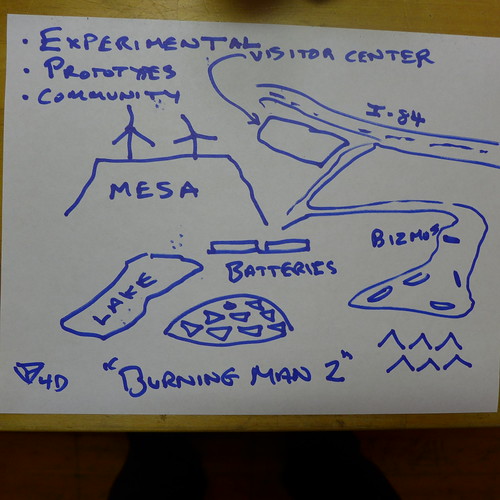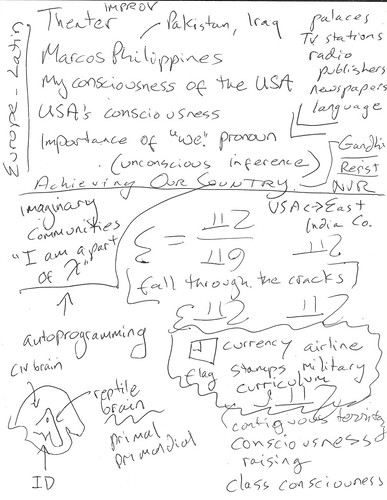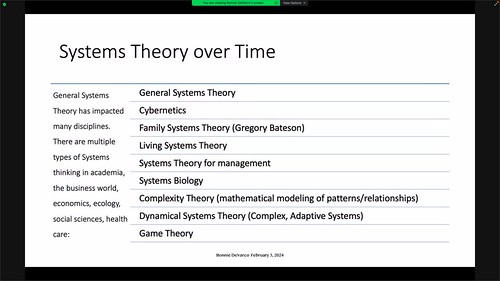When people talk "billions for Ukraine" it's usually not with some accompanying breakout, meaning it's left to our imaginations how much is for hospitals and care units of various kinds. One might imagine an entirely civilian budget in other words, and then ask how far short of that are we willing to sacrifice. Another dime on mayhem might not be a dime well spent.
Actually there's likely a breakout and I'm just not seeing it when I make my rounds of the various channels and repositories I visit when harvesting information. Probably a pie chart or other visualization. We're told some of the biggest slices go to the prime contractor irrigation system (Beltway Mafia) and for a lot of family estates, that's reason enough to slobber, in anticipation of more lucrative contracts.
Out here in the Pacific Northwest, we're more concerned with preserving wetlands and salmon. As to whether Oregon could host some civilian construction operations (healthcare oriented), I'm not so sure. My nudging us in the direction of doing epcots, with university connections, encounters resistance, I'm guessing partly because of the negative Rajneesh Puram experience.
So my sights turn to Canada, perhaps the Yellowknife area? These campuses could stay small. Breitenbush is an inspiration, but I'm thinking higher tech, maybe with electric ATVs powered from batteries charged by wind and solar. Lets just see if that's even doable. Computer animations and simulations don't replace reality outside of AI. We need the harsh realities of Mother Nature to teach us whether our designs are really worthy.
Which brings us back to Ukraine. Something like a flourishing peacetime economy is long overdue, by some decades. Any budget should recognize the need for military disengagement such that mature civilian undertakings might resume in earnest. There's no point trying to masquerade while stockpiling ammo, as these installations will attract tourists and journalists, other visitors. We're not about being secretive so much as role modeling the freedoms that come with keeping it transparently open source.
I'm not suggesting there's any real difference on either side when it comes to addressing civilian needs. The Russian side of the fence needs hospitals, working rail, trucking, internet, the whole works. Devastation is not the goal, for anyone in Greater Europe.
If your mentality is purely punitive, you must be low ranking. Tales of feuding and revenge get to hog center stage for only so long, as the cast continues to roll over. Deeper themes, such as building new infrastructure, take one further, in terms of leaving a lasting legacy.
But then again, here in the Pacific Northwest we're more focused on the Pacific Rim economy, while those Atlanticist east coasters remain obsessed with their West Asia endeavors. We're East Asia facing, meaning towards Indonesia, the Philippines, Japan, Korea, China, of course Bali and Borneo, not forgetting the Aussies or New Zealand. Lots more. I was editor of Asian-Pacific Issues News there for awhile (AFSC, obscure), plus the Philippines was my home for some formative years.
To the north, Russia again, but more as an indigenous people than some EU foe, fellow Sibero-Alaskans.
Russian businesses have had their branch offices around here since well before Oregon attained statehood. They had dealings with Tulalip, the established resource keepers. Many Oregonians are ethnic Russkies to this day (even Stalin's granddaughter joined us a while back), plus we have ethnic Ukes too -- these are terms of endearment, we all get silly nicknames.






